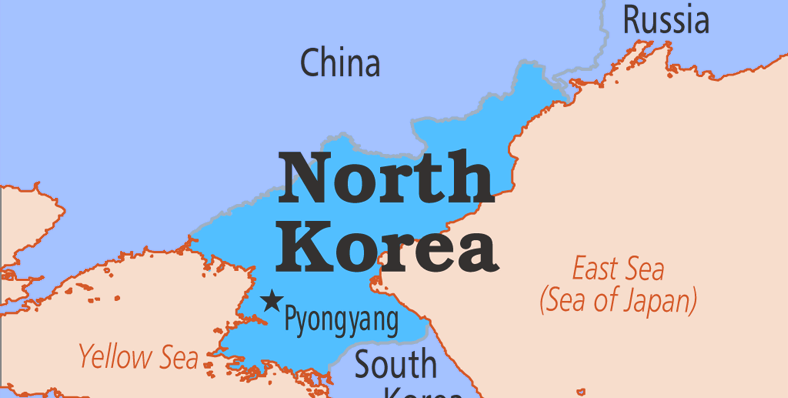KUALA LUMPUR, May 11 (NNN-Bernama) — The Association of Southeast Asian Nations (ASEAN) can be a facilitator in efforts to bring North Korea and South Korea back to the negotiation table on matters related to peace and stability in the Korean Peninsula, says academician Dr Geetha Govindasamy.
She said ASEAN participation will provide a structured process for regional confidence building and security cooperation.
“Past inter-Korean history has indicated that a long term multilateral approach is the way to go compared to a short-term based crisis diplomacy.
“The process of encouraging North Korea to negotiate requires the support of diverse actors especially when regular channels of communication have been blocked more so during the current pandemic,” she said.
Geetha, who is senior lecturer at the Department of East Asian Studies, Faculty of Arts and Social Sciences, University of Malaya, made the proposal in her speech at the International Leadership Conference 2021 held virtually recently.
The event, held from April 29 to May 1 was organised by the Universal Peace Federation.
She said from time to time, ASEAN has facilitated engagement of North Korea through its many institutionalised frameworks in particular the ASEAN Regional Forum (ARF), which, among others includes North Korea, South Korea and the United States.
Geetha pointed out that ASEAN member states are conscious that security incidents triggered by North Korea will significantly affect Southeast Asia’s own development.
“Basically, any instability in the East Asian region will destabilise the region as ASEAN’s economic growth is interlinked greatly with the Japanese, South Korean and Chinese economies.
“A stable East Asia is crucial as ASEAN is also the main driver of initiatives such as the East Asian Community, East Asian Summit, ASEAN Plus Three and so on,” she said at the conference which themed “Towards Peaceful Unification of the Korean Peninsula”.
As such, she noted that ‘ASEAN Way,’ a non-confrontational approach to diplomacy which relies on building trust through regular consultations allows for the organisation to be a facilitator between the two Koreas and become an additional platform for the United States and other major powers in engaging security issues relating to Pyongyang.
She said in comparison to other regional organisations, ASEAN is better qualified than most to keep North Korea continually engaged as well as in providing a conducive setting for addressing the state’s legitimate concerns.
However, she specified that ASEAN’s involvement must also be supported by major players when negotiating with North Korea.
“To the North Koreans, ASEAN is seen as being impartial when dealing with Pyongyang. Against this backdrop, there is a diplomatic opportunity for ASEAN to play the role of mediator in bringing together Pyongyang, Seoul and the US,” she said.
As North Korea’s engagement with ASEAN is limited to the ARF and Council for Security Cooperation in the Asia Pacific (CSCAP) at the Track One and Track Two levels, Geetha suggests that North Korea should be invited to be a member of the organisation. If that is not possible, then Pyongyang should at least be included in other ASEAN-led mechanisms.
These include the East Asia Summit (EAS) and the ASEAN Defence Ministerial Meetings with Dialogue Partners. These platforms will provide a range of opportunities for North Korea to be part of the region’s security and economic engagement process, thus making it a feasible stakeholder in regional affairs.
“Since the COVID-19 pandemic has severely affected the North Korean economy, I believe the timing is right for ASEAN to amalgamate Pyongyang into the East Asian regional economic expansion.
”If North Korea’s participation grows in ASEAN, more likely than not, the state will be able to take advantage of newer opportunities that may lead it to concentrate more on economic development rather than expand its nuclear capabilities,” she said.
Founded in 1967, ASEAN today consist of 10 member states namely Brunei, Cambodia, Indonesia, Laos, Malaysia, Myanmar, the Philippines, Singapore, Thailand and Vietnam.
— NNN-BERNAMA






